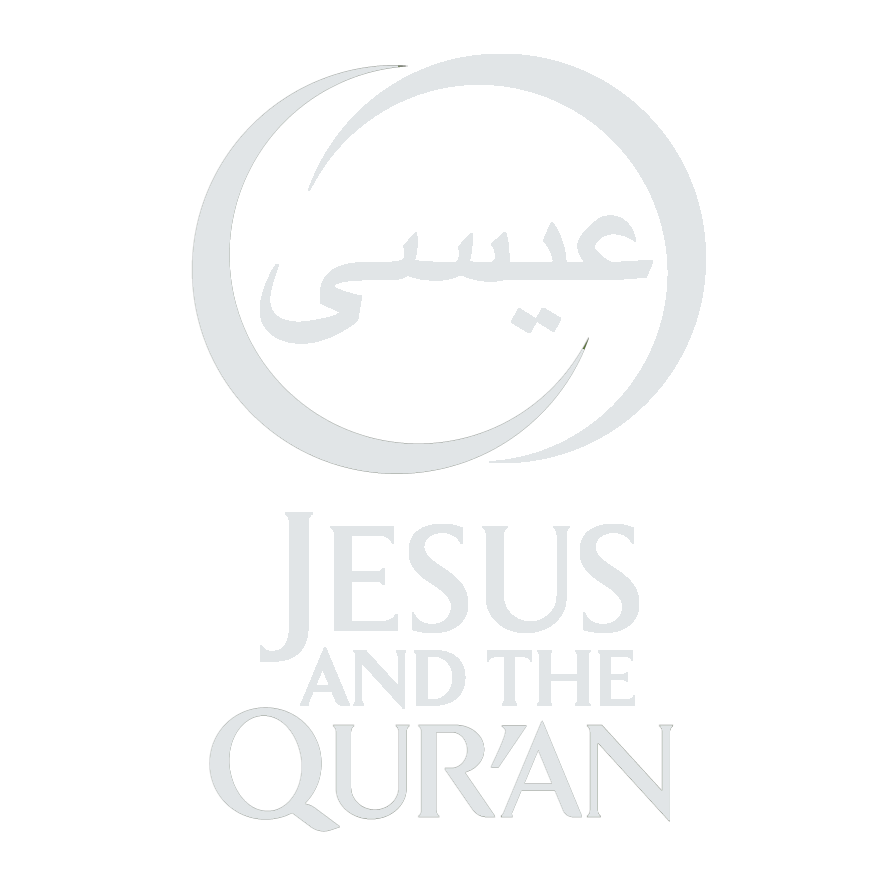About JAQ
Our team shares an intense desire to see peace blossom between Christians and Muslims, and we believe that true peace can only be found in the Kingdom of God. Our approach to these conversations about faith has its roots in the model of Jesus and his early followers. We build friendships, study the Bible and the Qur’an together, and ask God to help us answer the all-important question: “Who is Jesus and what does he have to do with entering the Kingdom of God?”
During a training weekend (usually spread across a Friday night and Saturday), we hope to equip Christians and Muslims alike to have these kinds of conversation in a fruitful, honoring way. We focus on three major topics: (1) The Kingdom of God in the Bible, (2) Our identity within the Kingdom, and (3) Islam and the Kingdom. Although, historically, the relationship between Christians and Muslims has often highlighted the differences between our faiths, we are confident that, through prayer and patient study, both can come to a robust, life-giving understanding of Jesus and the Kingdom.
Training Team
Our training team is comprised of Grace Fellowship Church staff and various partners with extensive experience living and working among Muslims.
About Our Logo
The circles represent the area of overlap between the Christian and Muslim world. In the center of both the logo and the conversation —of course — is Isa, the Arabic word found in the Qur’an to refer to Jesus.

History
The roots of Jesus and the Qur’an (JAQ) go back to September 11, 2001, when the collapse of the World Trade Center awakened us to the existence of the Muslim world and the importance of learning how to engage it well. Immediately after the attacks in New York, Grace Fellowship Church sent a team to Manhattan to serve and minister, and there, in the midst of the smoldering rubble, our Senior Pastor Buddy Hoffman knelt and prayed very simply, “God, if you can use a local church in Snellville, Georgia, in all of this, we’re in.”
The picture above is from one of our first trainings at Grace Fellowship, 2007.
Since that time, we have actively sought ways to engage the Muslim world in productive conversation about faith. As we learned both from the Scriptures and from those with far more experience, we recognized the need to begin sharing our discoveries with our own congregation, and so our training was born. Soon, however, we began to receive requests to train in other communities around the country. Now, our primary goal is to help local churches engage their Muslim neighbors. With that said, though, people from all different backgrounds (including Muslim) regularly attend our training and generally receive it quite well.
Today, we remain closely connected to Grace Fellowship Church.

Beliefs
While we are happy to discuss any aspect of our beliefs, we would like to make sure the following three core beliefs are clearly stated:
1. We believe that the Bible is the unique, inerrant, inspired Word of God (2 Ti. 3:16-17, Heb. 4:12-13). Everything the Bible says about itself we embrace wholeheartedly. Our approach to the Muslim world is formed completely upon our understanding of the message and methodology we read in the Scriptures.
2. We believe that man’s natural condition is sinful and, therefore, new birth is necessary (Jn. 3:5, Ro. 3:23-24, Eph. 2:1-7). The Bible clearly teaches that the disobedience and shame of every individual creates an eternal separation from the holy presence of God.
3. We believe Jesus is the only way to salvation (Jn. 10:9-17, 14:6, Ac. 4:12, 1 Co. 2:2). We strongly affirm (and have based our lives upon) all that the Bible says about Jesus’ origin, life, death, resurrection, and nature. He is the True King, and only through Him can lasting peace be made.
Our Approach
History has taught us that prejudice, fear, bombs, bullets and blood cannot achieve lasting peace. Instead, the Bible clearly indicates that Jesus is the message–he is our peace (Eph. 2:14). But he is also the method of making peace. We must learn to live and communicate according to his way (Jn. 20:21). Similarly, we look to the methods of Paul in the early church not just as a description but also as a prescription for us as we look to announce the Kingdom across cultures (1 Co. 9:19-23, 7:17). Finally, as we aim to walk in Jesus’ way and follow Paul’s method, we know that there is never a reason to be rude (1 Pt. 2:17). Of course, the message of the Gospel can be offensive to some. But as we talk about this pure Gospel of Jesus with our Muslim friends, we never want to add to its offense by mixing in any unbiblical traditions, culture-specific terminology, or pre-existing prejudice.
We believe that Jesus and His Kingdom truly are Good News when proclaimed clearly, and we believe that through him a generation marked by peace between Muslims and Christians will come.

